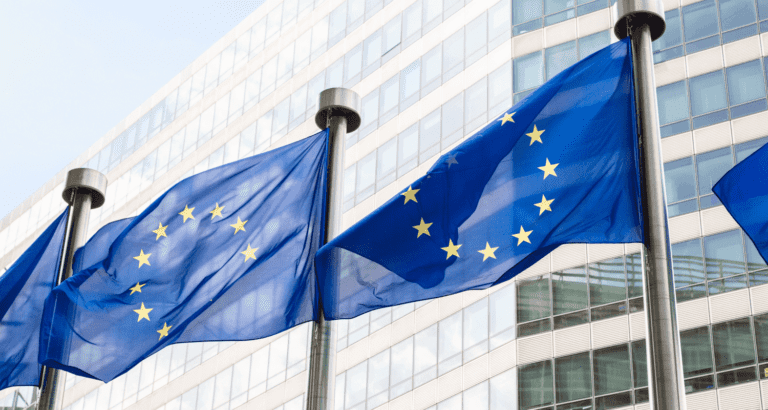Brussels is taking steps to replace U32mail, an internal system for sharing memos, policy suggestions and other private information. The system’s lack of cybersecurity has caused numerous leaks over the years.
The EU has always been a popular target for those looking to steal seemingly secret documents. However, an upcoming technological update will force reporters, lawmakers and lobbyists to find new pockets to pick.
Replacing U32mail
The EU currently uses U32mail to share internal memos, policy suggestions and other private information. The platform has long been used to distribute documents to a wide range of officials and diplomats, providing them with access to the internal dynamics of the EU Council, the bloc’s main legislative body.
However, the platform’s lack of cybersecurity has resulted in a vast network of curious outsiders attempting to access classified information, making it difficult to determine where shared documents end up. As a result, U32mail is about to get the axe, with an execution date set for early next year.
CIxP, a more current technology, is slated to take its place. According to various diplomats and officials, journalists were a driving force for the change. For instance, U32mail allowed website POLITICO to acquire numerous classified documents over the years.
“You are one of the key problems”, one diplomat told a reporter from POLITICO when asked about the shift from U32mail to CIxP. The shift was approved by the European Council, which claims the move isn’t motivated by recent leaks and has been planned for years.
Transparency is still an issue
The details of the technological change are unclear. It’s likely to alter how officials on the outskirts of EU institutions seek information.
Even before the update, national lawmakers — who are frequently in charge of enforcing EU legislation — were complaining about the Council’s secrecy, which sent them looking for information alongside media and influence websites.
“Despite some improvements, this lack of transparency remains the rule,” a group of national lawmakers wrote in June.
Tip: UK snubs European lawmakers in privacy regulation meetings
